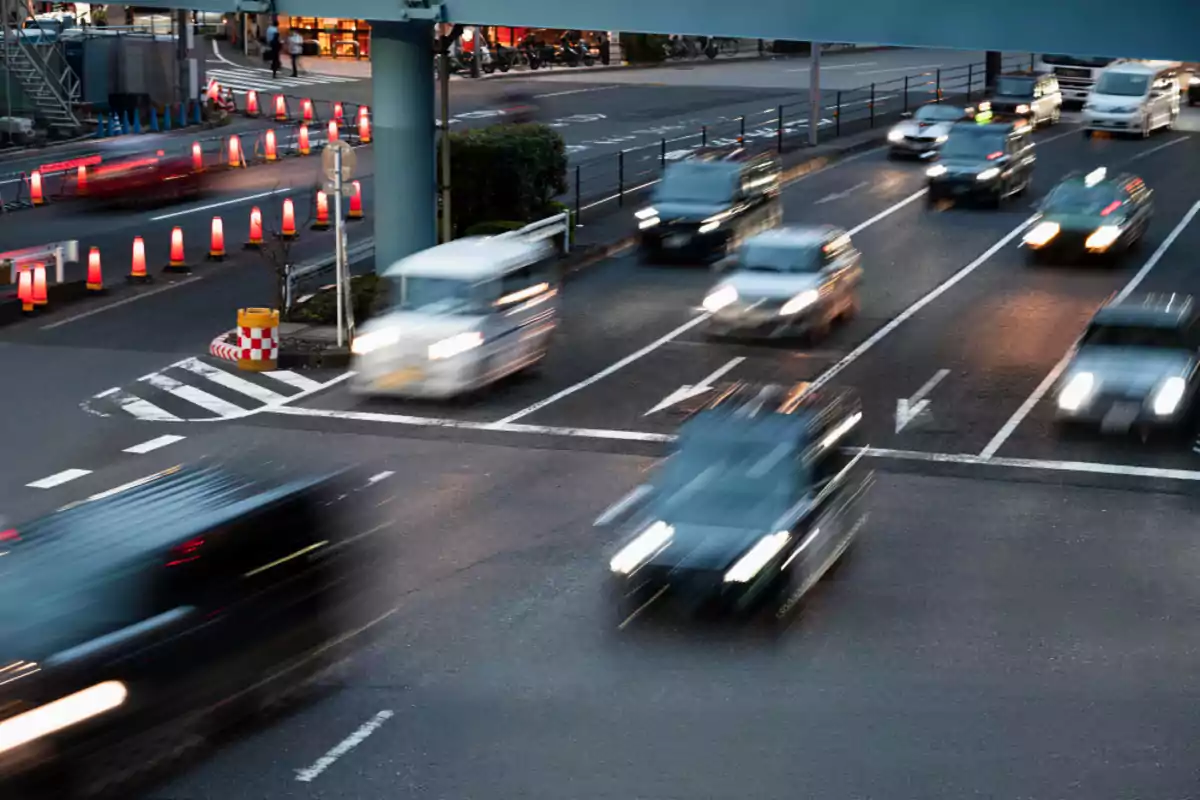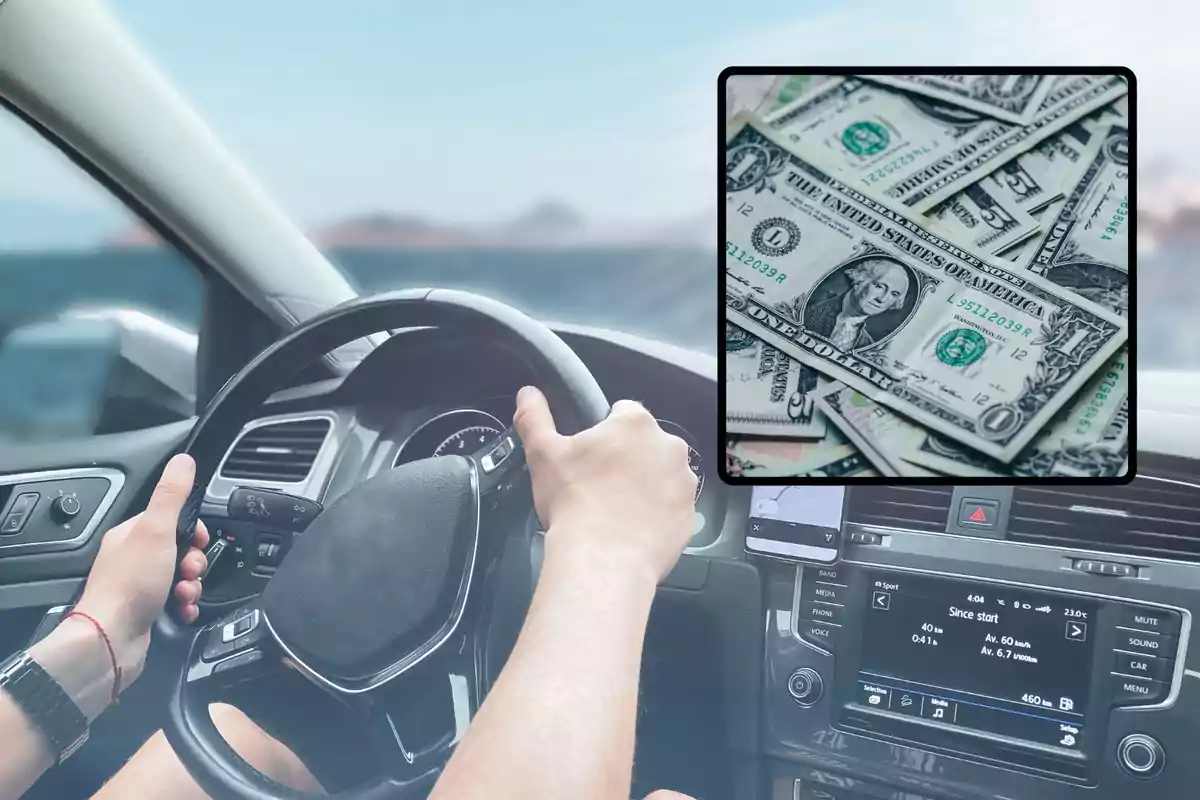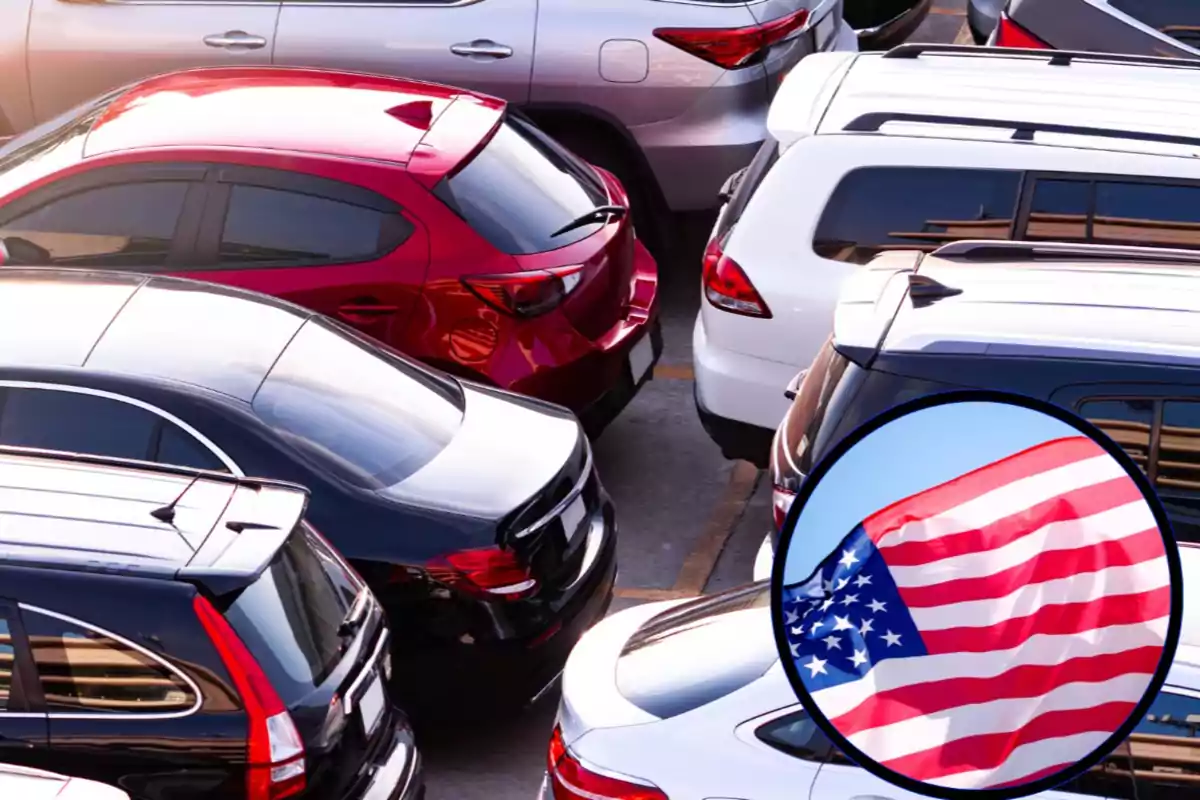Speeding in Connecticut is under scrutiny by lawmakers. House Bill No. 7260 seeks to toughen penalties for those who drive dangerously. The measure, already approved by the House, awaits review by the Senate.
If approved, driving over 100 mph (160 km/h) could cost you up to $1,000, your car, and even jail time. The idea is to stop those who put others' lives at risk on the roads.
Why this law is necessary
Speeding-related crashes are a serious problem in the state. Last year, more than 5,600 speed-related accidents were recorded, 55 of them fatal. In Waterbury, a high-speed car crashed into a store, killing all four occupants.

Attorney General William Tong criticized the recklessness of these drivers and highlighted the need to protect families. Representative Donna Veach also pointed out that many drivers travel at dangerous speeds and that stricter rules are needed to keep roads safe.
Harsher penalties than before
The bill introduces a category called "excessive reckless driving" for speeds over 100 mph (160 km/h). The penalties are harsher than the current ones, which apply from 85 mph (137 km/h).
First offense: fine of $200 to $600, up to 30 days in jail or both, and four points on the license.
Repeat offense: fine of up to $1,000, one year in prison, and confiscation of the vehicle for 48 hours. In addition, towing and storage costs must be covered.
The law will also apply on public roads, private roads, school zones, and large parking lots. Its goal is to reduce the risks posed by repeat offenders and protect all road users.

Political push against "super speeders"
Representative Irene Haines, sponsor of the bill, says that speeding has been on the rise. She said that a state police officer stopped 20 people driving over 100 mph (160 km/h) in just two hours.
Donna Veach also contributed key proposals, including hefty fines and penalties for speeds under 87 mph (140 km/h), to curb reckless driving.
How to stay safe
While the law awaits final approval, it's key to respect speed limits, especially near schools and residential areas. Avoid distractions, such as using your phone, and if you receive a ticket you consider unfair, gather evidence and consult a traffic attorney.
Driving responsibly not only avoids severe penalties but also saves lives. Connecticut's roads can be safe if we all do our part.

